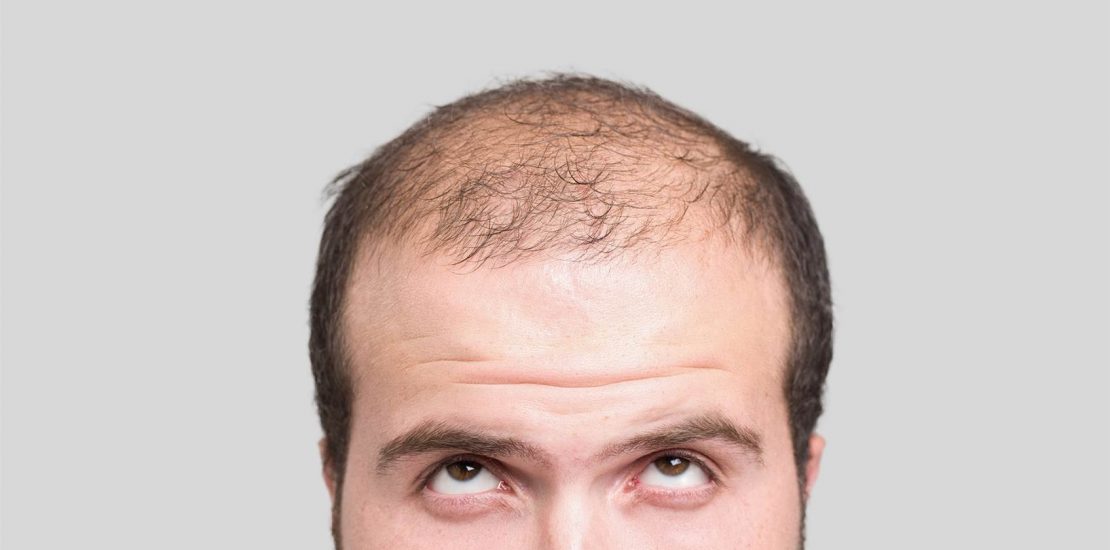It is no secret that most of us are always trying to find the lowest price for almost any product or service that we want to buy. Hair transplants are no exception. That’s probably the reason why “how much does it cost?” is the most asked question we receive every day.
When shopping around, some patients do take their time to listen to the full answer to the question, while others just demand a monetary value as a response as they continue their quest to the cheapest option, without realizing the negative long-term effects that this decision may carry.
5 reasons why cheap hair transplants are more expensive in the long run:
1. Who performs the procedure?
In order to cut costs, many clinics have technicians or assistants performing the 8-10-hour hair transplant procedure. In some cases, they even have multiple technicians doing the implant, which compromises symmetrical and harmonious results and poor client satisfaction.
DHI: Dr. Georgina Curiel* will perform the entire procedure, from start to finish.
2. Which instruments are being used?
Some clinics, clean and reuse instruments so they can be used with multiple patients. This carries a risk of infection.
DHI: High precision single-use instruments are used during the procedure and immediately discarded when finished.
3. Donor area preservation?
Remember the last time you visited the dentist and listened to the drill that was about to enter your mouth? That’s pretty similar to the motorized extraction tools being used. If they’ve quoted 2,000 grafts, that means 2,000 holes using a 20,000 rpm and a heat-generating tool punching your scalp. This heat can easily damage the skin, while the lack of precision caused by the fast-spinning blade leads to scarring and higher transection rates**.
DHI: Artistic manual extraction is mandatory as it has proven higher graft survival rates as well as better donor area preservation. Punches of 1.00 mm or less in diameter are used during the extraction.
4. Cost per graft?
Comparing prices based on cost per graft is misleading…unless survival rate is taken into consideration. Depending on which technique is used (FUE or FUT), how experienced the staff is, how many people participate in the procedure, and which protocols (if any) are followed, survival rates vary between 40% and 85%.
DHI: The DHI technique itself, supported by our globally standardized safety protocols and procedures, yield the highest survival rates in the hair transplant industry, as 90-97% survival rates are consistently achieved.
We’ll let you do the math.
5. Results?
Even though results vary from one clinic to another, the vast majority of these clinics are still using FUT or FUE techniques. These two techniques vary greatly in the extraction phase, but are pretty much the same in the implant phase, as they create slits or holes using medical-grade razor blades in which the graft will later be placed using forceps. This two-step process makes it difficult to create high-density results because grafts can’t be implanted really close to each other.
DHI: Our clinics around the world use the same special tool, the DHI Implanter, which allows the doctors to control the angle, direction, and depth of the implanted hair unlike any other hair transplant technique. A higher density of implanted follicles is also achieved by using this specifically designed tool.
BONUS: Why is hair transplant cheaper in DHI Mexico than in the USA?
Pretty much everything in Mexico is cheaper than in the USA…that includes wages, permits, rent, and utilities, just to name a few.
Prices in DHI Mexico start at $3,000 USD for small procedures and may go as high as $9,000 USD for full correction hair transplants. Our pricing is 30-50% lower when compared to hair restoration clinics located in USA.
Would you like a personalized quote and additional information?
The best treatment options are always based on a correct diagnosis, so contact our hair specialists and ask for a free in-person or video-call consultation.
A hair transplant is a medical procedure that will change your life for the better if you choose wisely. Don’t forget that everyone of us has a limited donor area– if you don’t get it right the first time, you might not have a second chance.
As you continue your research and consider your alternatives, make sure you’re asking yourself and the clinic the right questions for this important decision.
* Dr. Georgina Curiel is the only doctor in North America who is certified in the DHI technique by the London Hair Restoration Academy.
** Transection rate: when follicles are cut or harmed during the extraction. Transected follicles don’t survive.








